Health Benefits Of Olives: 10 Essential Reasons To Eat Them
Snack on this tasty antioxidant-rich fruit to protect your body from several issues.
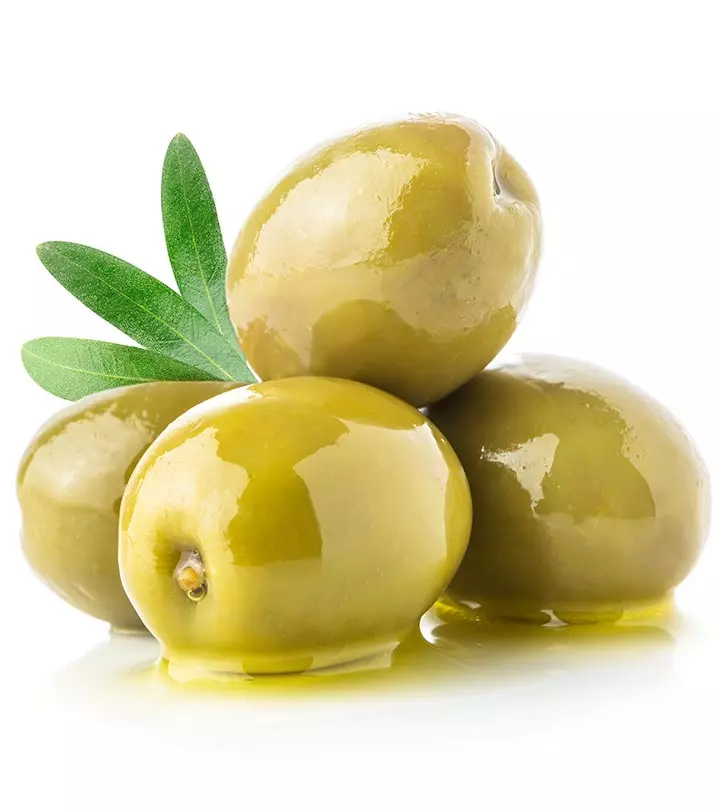
Image: Shutterstock
Are olives good for you? Yes, they are! The benefits of olives are due to their rich antioxidant profile that ensures longevity. What do antioxidants do? Well, they fight out oxidative stress and prevent the disruption of cell components like DNA, lipids, and protein, eventually thwarting cell damage and providing anti-aging properties. Oxidative stress-induced cell damage can, otherwise, cause diabetes, inflammation, or even cancer.

Olives are a popular healthy fruit, consumed largely in the Mediterranean region, that contain many nutrients. In fact, consuming olives is the best way to keep oxidative stress at bay and boost energy levels. But, what antioxidants do olives contain? This article looks at the nutritional breakdown of olives, their benefits, side effects, and the best ways to add them to your diet. Read on!
 Know Your Ingredient: Glutathione
Know Your Ingredient: GlutathioneWhat Is It?
Olive is a fruit that grows on the olive tree and is typically small in size and oval-shaped. Raw olive tastes bitter.
What Are Its Benefits?
It fights inflammation and helps maintain body weight, bone health, and digestive process. It can also improve eye, skin, and hair health.
Who Can Use It?
Anyone except pregnant and breastfeeding women.
How Often?
2 to 3 ounces daily.
Caution
Olives interact with blood sugar and blood pressure medications. Consult a doctor before taking them.
In This Article
The Antioxidant Profile Of Olives
This deserves a special mention. Studies show how the polyphenols in olives have potent antioxidant properties (1). The most important antioxidant in olives is vitamin E, which can protect you and your family from cancer and bone diseases.
Other potent antioxidants in olives include the following:
- Oleuropein, which is abundantly found in fresh and unripe olives.
- This oleuropein is broken down into hydroxytyrosol when the olives ripen.
- Tyrosol is another antioxidant that may help with heart health.
- And while oleanolic acid may prevent liver damage and inflammation, quercetin helps lower blood pressure.
Why are we talking so much about antioxidants? Because the antioxidants in olives contribute to almost all of their benefits. They are nutrients that can dramatically improve your life and health if taken regularly.
 Did You Know?
Did You Know?Start including olives in your diet, and you will soon reap their benefits. But what are olives good for? Let us find out!
Key Takeaways
- Olives can help reduce cholesterol and lower the risk of heart disease as they contain plenty of healthy monounsaturated fats.
- They can also protect against free radicals damage as they are rich in antioxidants like vitamin E.
- The fiber in olives can help improve gut health and regulate digestion.
- They can be readily incorporated into the diet and used in a variety of meals in different ways, from salads and pastas to sandwiches and spreads.
What Are The Benefits Of Olives?
Olives are packed with nutrients that can boost your health. Scroll down to learn how olive oil benefits can spice up your diet and wellness routine!
1. Olives Help Fight Cancer
Olives are quite popular in the Mediterranean region, a staple of the Mediterranean diet, and that may explain the low cancer rates there. The phenolic compounds in olives work best in treating and preventing several forms of cancer (2).
Olives also contain squalene and terpenoids, other compounds with anticancer properties.
2. Boost Heart Health

The oxidative stress we are talking about can harm your heart too. Excess of that stress oxidizes cholesterol, causing heart attacks. But thanks to the antioxidants in olives, this can stop as it provides stress relief by lowering cholesterol levels (3).
Olives contain fat as well, but this is the good kind of fat. Oleic acid (a monounsaturated fatty acid) in olives reduces inflammation and cuts down the risk of heart disease.
Another important nutrient in olives is copper, the deficiency of which has been linked to heart disease (4). Americans don’t get enough copper, which could be another reason for the rise in cases of heart disease.
3. Fight Inflammation
The monounsaturated fats in olives, along with the vitamin E and polyphenols, help fight inflammation and the associated ailments while strengthening the immune system.
They also contain another important compound called oleocanthal, which has terrific anti-inflammatory properties. This is another reason olives also work well in relieving pain in the body (although we suggest you talk to your doctor before using olives for this purpose).
Oleocanthal works by preventing the production of COX-1 and COX-2, enzymes that are known to cause inflammation (fun fact: this is how Tylenol works). More interestingly, this property of olives is similar to that of ibuprofen, a popular anti-inflammatory drug.
4. Prevent Osteoporosis

Studies show how olives and their polyphenols can help prevent bone loss in the elderly. The polyphenols work by increasing the number of osteoblasts (cells that secrete the matrix for bone formation), and this promotes bone health (5).
Hydroxytyrosol, the antioxidant in olives that we spoke about, also helps prevent bone loss. It plays a role in the formation and maintenance of bones as well, serving as an effective remedy for osteoporosisi A bone disorder that occurs when declining bone mass and bone mineral alters bone composition or structure. symptoms (6).
5. Improve Digestive Health
Olives have probiotic potential, which makes them all the more important for maintaining digestive health. Olives are a fermented food, which means they are rich in the gut-friendly bacteria Lactobacillus (7).
The phenolic compounds in olives can also halt the growth of H. pylori, a bacterium known to cause stomach inflammation. The phenols in olives tend to stay in the abdomen for a long time, often acting as the gut bacteria and improving digestive health.
 Fun Fact
Fun Fact6. Can Aid Weight Loss

As discussed, olives are rich in monounsaturated fatty acids, which can cut the risk of obesity. These fatty acids also increase the levels of good cholesterol – and this means your body is more efficient in performing activities, including burning calories.
Olives also boost blood circulation, which increases the effectiveness of your workouts. This ultimately leads to healthy weight maintenance. And thanks to their digestive benefits, olives ensure optimal nutrient absorption from the foods you eat – leaving behind just a few calories to get stored as fat.
Interestingly, the fat in olives can be satiating and can lead to reduced food intake. You may even snack on olives instead of crackers before a meal.
7. Olives Enhance Brain Health
The brain is largely made of fatty acids, so now we know how olives contribute here. The monounsaturated fatty acids in olives help preserve memory and even improve focus. The intake of olives was also found to prevent brain cell death (due to disease) and reduce memory loss.
And didn’t we speak of oleuropein, an important antioxidant in olives? Research shows how this compound reduces oxidative damage in the substantia nigra, a brain region that is most affected in diseases like Parkinson’si A condition that affects the neurological system and the body and is characterized by tremors and stiffness. (8).
8. May Lower Blood Sugar Levels

Though there is very less information on this, some sources do suggest that olives may help lower blood sugar levelsand might assist with diabetes management. Olives may change how the body makes and reacts to insulin, and this can help patients with high blood sugar levels.
9. Olives Can Improve Vision

Research is ongoing, but the antioxidants in olives sure prove a point in maintaining eye health. Oxidative stressi A condition caused by an imbalance between the creation and buildup of oxygen radicals in cells and the ability to detoxify them. can affect your vision too, and the antioxidants in olives can prevent this from happening.
10. Boost Skin And Hair Health
The fatty acids and antioxidants in olives nourish and hydrate both the skin and hair. Vitamin E is the most potent of all the antioxidants in olives, which protects the skin from ultraviolet radiation and even helps prevent wrinkles and maintains skin health.
The oleic acid in olives further enhances skin appearance and improves hair health.
These are some ways olives can benefit you. But apart from the antioxidants we have seen, other important nutrients also contribute to their goodness. What are they?
What Is The Nutritional Profile Of Olives?
| Nutrient | Unit | Value per 100.0g | 1.0 tbsp 8.4g | 1.0 large 4.4g | 1.0 small 3.2g |
|---|---|---|---|---|---|
| Proximates | |||||
| Water | g | 79.99 | 6.72 | 3.52 | 2.56 |
| Energy | kcal | 115 | 10 | 5 | 4 |
| Protein | g | 0.84 | 0.07 | 0.04 | 0.03 |
| Total lipid (fat) | g | 10.68 | 0.90 | 0.47 | 0.34 |
| Carbohydrate, by difference | g | 6.26 | 0.53 | 0.28 | 0.20 |
| Fiber, total dietary | g | 3.2 | 0.3 | 0.1 | 0.1 |
| Sugars, total | g | 0.00 | 0.00 | 0.00 | 0.00 |
| Minerals | |||||
| Calcium, Ca | mg | 88 | 7 | 4 | 3 |
| Iron, Fe | mg | 3.30 | 0.28 | 0.15 | 0.11 |
| Magnesium, Mg | mg | 4 | 0 | 0 | 0 |
| Phosphorus, P | mg | 3 | 0 | 0 | 0 |
| Potassium, K | mg | 8 | 1 | 0 | 0 |
| Sodium, Na | mg | 735 | 62 | 32 | 24 |
| Zinc, Zn | mg | 0.22 | 0.02 | 0.01 | 0.01 |
| Vitamins | |||||
| Vitamin C, total ascorbic acid | mg | 0.9 | 0.1 | 0.0 | 0.0 |
| Thiamin | mg | 0.003 | 0.000 | 0.000 | 0.000 |
| Riboflavin | mg | 0.000 | 0.000 | 0.000 | 0.000 |
| Niacin | mg | 0.037 | 0.003 | 0.002 | 0.001 |
| Vitamin B-6 | mg | 0.009 | 0.001 | 0.000 | 0.000 |
| Folate, DFE | µg | 0 | 0 | 0 | 0 |
| Vitamin B-12 | µg | 0.00 | 0.00 | 0.00 | 0.00 |
| Vitamin A, RAE | µg | 20 | 2 | 1 | 1 |
| Vitamin A, IU | IU | 403 | 34 | 18 | 13 |
| Vitamin E (alpha-tocopherol) | mg | 1.65 | 0.14 | 0.07 | 0.05 |
| Vitamin D (D2 + D3) | µg | 0.0 | 0.0 | 0.0 | 0.0 |
| Vitamin D | IU | 0 | 0 | 0 | 0 |
| Vitamin K (phylloquinone) | µg | 1.4 | 0.1 | 0.1 | 0.0 |
| Lipids | |||||
| Fatty acids, total saturated | g | 1.415 | 0.119 | 0.062 | 0.045 |
| Fatty acids, total monounsaturated | g | 7.888 | 0.663 | 0.347 | 0.252 |
| Fatty acids, total polyunsaturated | g | 0.911 | 0.077 | 0.040 | 0.029 |
| Cholesterol | mg | 0 | 0 | 0 | 0 |
| Other | |||||
| Caffeine | mg | 0 | 0 | 0 | 0 |
There is very little difference between olives and olive oil. The usage depends on the medium. You can use olive oil in your cooking or add a few olives to your evening salad. But in case you are going for the oil, we recommend extra virgin olive oil – which has most of its polyphenols intact. Also called cold pressed olive oil, extra virgin olive oil is extracted from olives in a controlled temperature setting. The heat is minimal, which is why the oil retains most of its flavor and nutrients. Organic oils are those that are extracted without the use of chemicals. Most companies use these terms interchangeably, so we recommend you go for extra virgin olive oil.
And if you are going for imported olive oils (especially from China), please be wary. There are issues with some imported olive oils being a blend of soy oil or canola oil – which may not give you the required benefits.
How To Include Olives In Your Diet
There are different types of olives – stuffed olives, black ripe olives, Spanish green olives, queen olives, and natural and seasoned olives.
Including the goodness of olives in your diet is quite simple. You can simply cook your food using olive oil (extra virgin). Or add olives to your food (like the evening salad or snack).
 Trivia
TriviaThere are many recipes you can follow to incorporate this Mediterranean ingredient into your diet. Discover one below.
Easy Olive Recipe To Try
1. Olive Tapenade
Ingredients
- 1 cup of pitted Kalamata olives
- 1/2 cup of green olives
- 2 cloves of garlic
- 2 tablespoons of capers
- 1/4 cup of fresh parsley
- 2 tablespoons of fresh lemon juice
- 1/4 cup of extra-virgin olive oil
- 1 teaspoon of dried oregano
- 1 teaspoon of black pepper
How To Prepare
- Combine the Kalamata olives, green olives, garlic, and capers in a processor. Pulse the ingredients until finely chopped.
- Add fresh parsley, lemon juice, and dried oregano to the mixture and pulse again.
- Slowly drizzle in the extra-virgin olive oil while pulsing until the mixture reaches the desired consistency.
- Season with freshly ground black pepper.
- Transfer the tapenade to a bowl, cover, and refrigerate for at least an hour. Serve with crusty bread or crackers.
The olives’ benefits are plenty, making them a must-have item in your diet. But hold on. You don’t want to add too many olives to your diet. That’s not good either. Why? Let’s find out!
What Are The Side Effects Of Taking Too Many Olives?
- Issues During Pregnancy And Breastfeeding
There is not enough information regarding this. Hence, pregnant and breastfeeding women must stick to olives (or olive oil) in normal amounts and avoid excess. - Might Lower Blood Sugar Way Too Much
Olives can lower blood sugar dramatically in people who already are taking blood sugar medications. Hence, consult a doctor before you take olives. - High Sodium
Olives can contain high amounts of sodium. Hence, stocking on them may not be a good idea. Consume them within limits. Eating 5 to 6 olives per day would be a smart goal. If you have blood pressure issues, please stay away from olives and consult your doctor. - Drug Interactions
Olives might interfere with blood sugar and blood pressure medications. If you are taking those medications, please consult your doctor before going for olives.
Hishamad, a blogger, shares his experience of having a shot of fresh olive oil on his blog: “The sharp kick and burning sensation of fresh oil developed a few days later [after it was extracted]. I found that out as I tried to have a shot of olive oil in the morning, and it burned my throat. They say having a shot of olive oil (good olive oil) on an empty stomach is good for the health (i).”
Infographic: Fun Facts About Olives
Olives can fight inflammation, improve digestive health, and help you lose weight. You can eat them on their own or add them to your salad or snack as they have plenty of culinary uses. While olives come with many benefits, there is more to them than you know! We have compiled a list of fun facts about olives. Check it out!
Some thing wrong with infographic shortcode. please verify shortcode syntax
Olives’ benefits can be attributed to their antioxidant content. Olives can reduce cancer risk and boost cardiovascular, digestive, brain, eye, skin, and hair health. They also lower blood sugar levels, fight inflammation, assist with weight management and cancer prevention, and help reduce osteoporosis risk. You can directly add olives to your food or use olive oil for culinary purposes to reap the benefits. However, overconsumption might lower blood sugar levels way too much, and their high sodium content may also have negative effects. Olives may also interact with some medications. Hence, practice caution and consume them in moderation.
Frequently Asked Questions
How long do olives last?
If the container is unopened, they last for 1 to 2 years. If opened, they last for about 4 months (in the refrigerator). Do check the packaging, though. And check for visible mold.
Are olives paleo?
Yes, olives are Paleo. Though they are often processed to make them edible, they still are paleo-friendly.
What kind of olives are used in a martini?
The Spanish olives are usually used in a martini.
Which are healthier – green or black olives?
Both the types are equally healthy.
Are olives fattening?
Only if you take too many of them for too long – as they are high in sodium. Even otherwise, overconsuming calories from anything may lead to weight gain.
Is it OK to eat olives every day?
Yes. However, limit your intake to around 2 to 3 ounces every day to prevent the side effects discussed above.
What is the best time to eat olives?
You can consume olives whenever you want. It can also be a healthy late-night snack.
Can you eat raw olives?
Raw olives are bitter to taste. They taste better after pickling.
Are green olives good for you?
Yes, green olives are good for you as they have nutraceutical properties (9) and are rich in antioxidants that prevent oxidative damage and boost overall health.
Illustration: Benefits Of Olives, Nutrition, How To Eat, & Side Effects
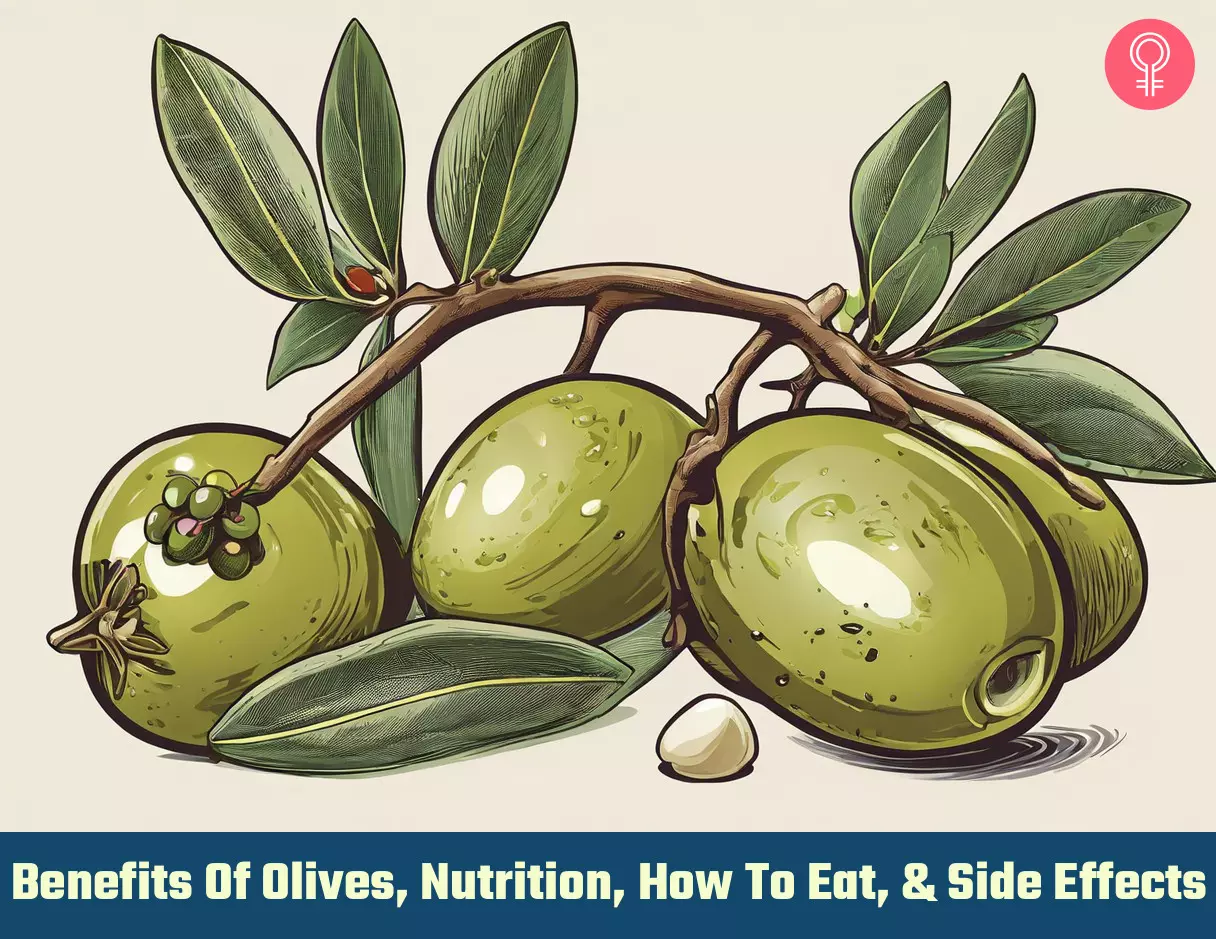
Image: Stable Diffusion/StyleCraze Design Team
Discover the remarkable health benefits of olives! Watch this video to find out how this delightful fruit can improve your overall health and well-being.
Personal Experience: Source
StyleCraze's articles are interwoven with authentic personal narratives that provide depth and resonance to our content. Below are the sources of the personal accounts referenced in this article.
i. Olive oil; a treasure and experiencehttps://cookin5m2.com/2013/11/04/olive-oil-a-treasure-and-experience/
References
Articles on StyleCraze are backed by verified information from peer-reviewed and academic research papers, reputed organizations, research institutions, and medical associations to ensure accuracy and relevance. Read our editorial policy to learn more.
- “Antioxidant activity of olive polyphenols…”. US National Library of Medicine.
- “A genomic explanation connecting…”. US National Library of Medicine.
- “A review on management of…” Wiley Online Library.
- “Transition metals and mitochondrial metabolism…”. US National Library of Medicine.
- “Olives and bone: A green osteoporosis…”. US National Library of Medicine.
- “Olive polyphenol hydroxy…”. US National Library of Medicine.
- “Should I eat olives?”. TIME.
- “Oleuropein, unexpected benefits!”. US National Library of Medicine.
- “Nutraceutical effects of…”. US National Library of Medicine.
Read full bio of Monica Auslander Moreno
Read full bio of Ravi Teja Tadimalla
Read full bio of Arshiya Syeda
Read full bio of Aparna Mallampalli






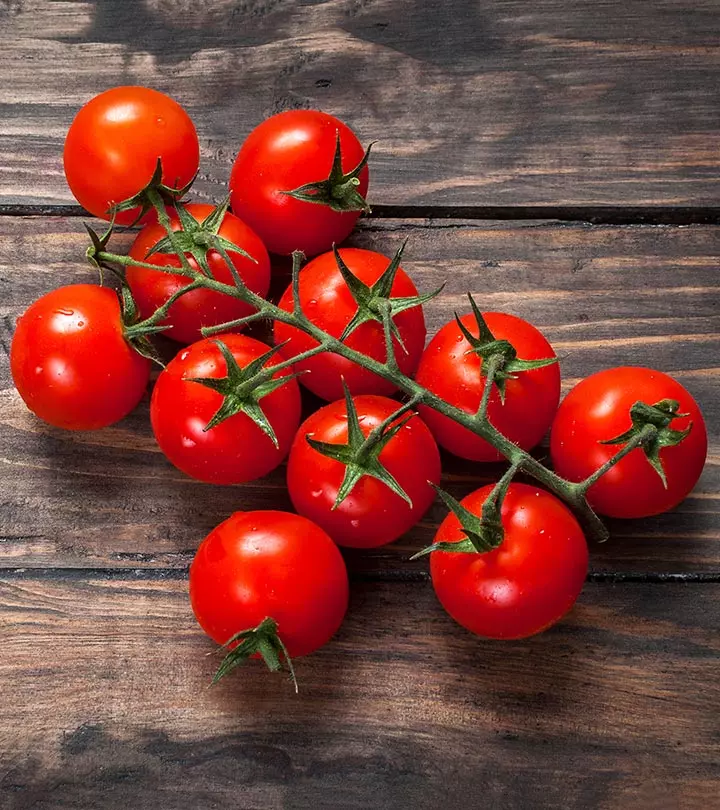
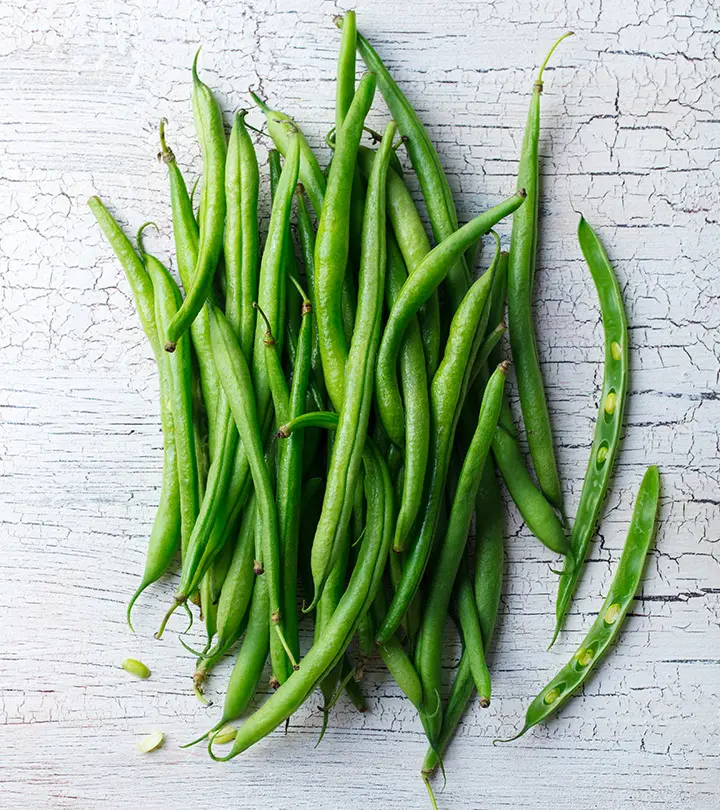
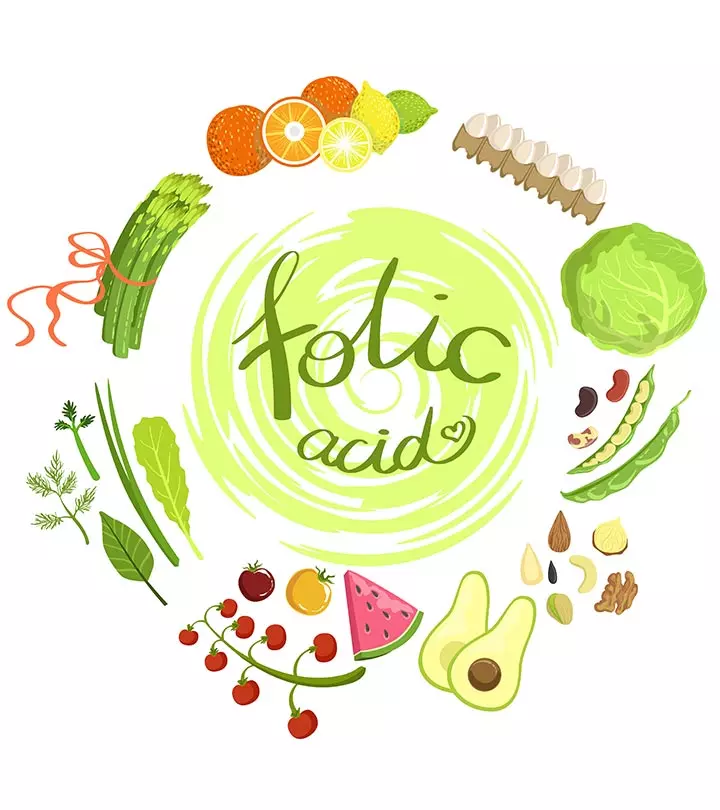
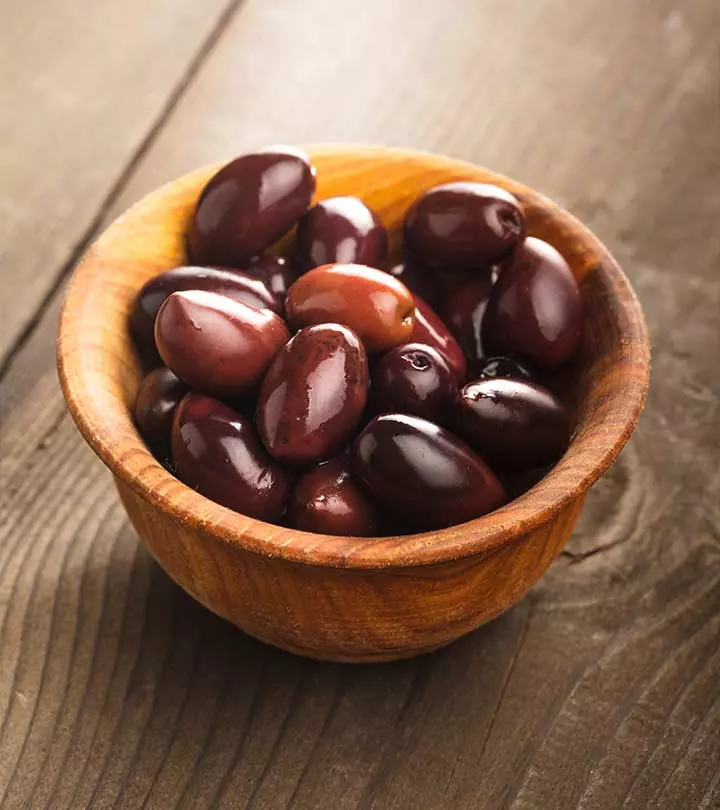
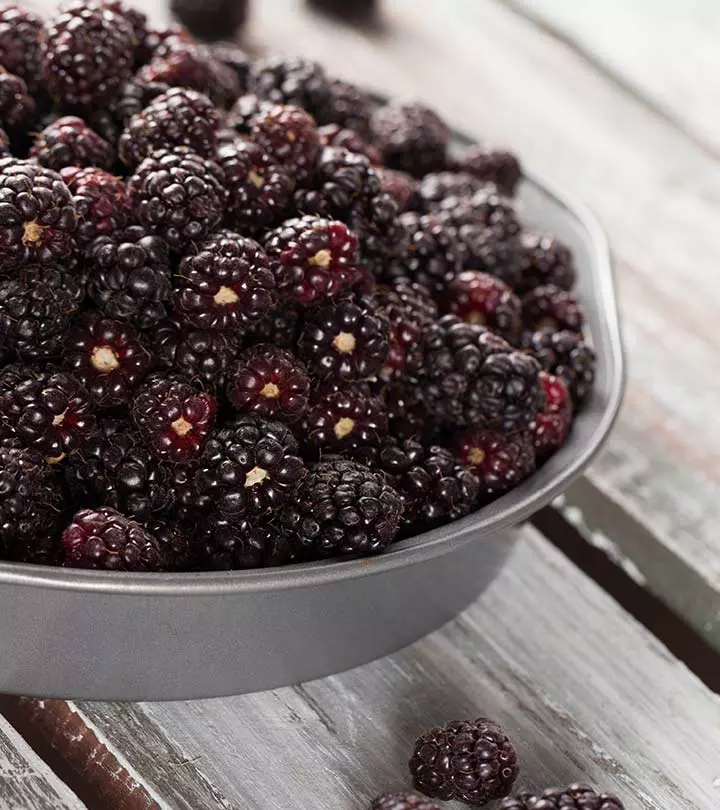
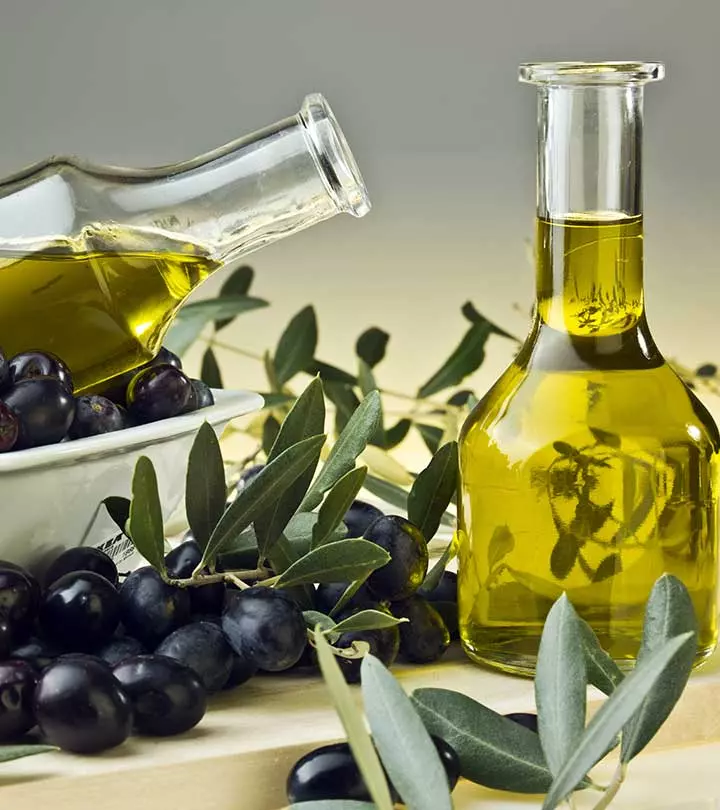
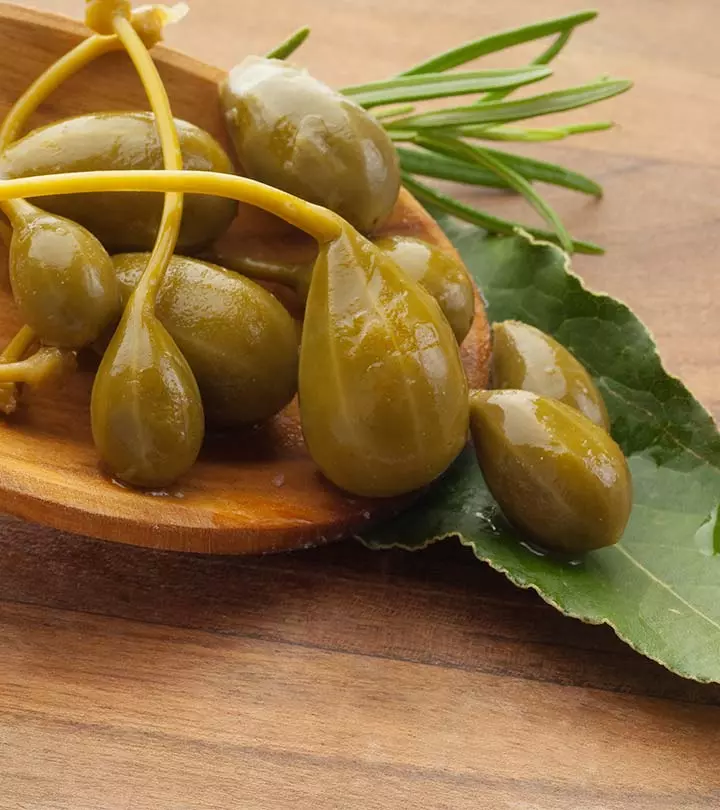

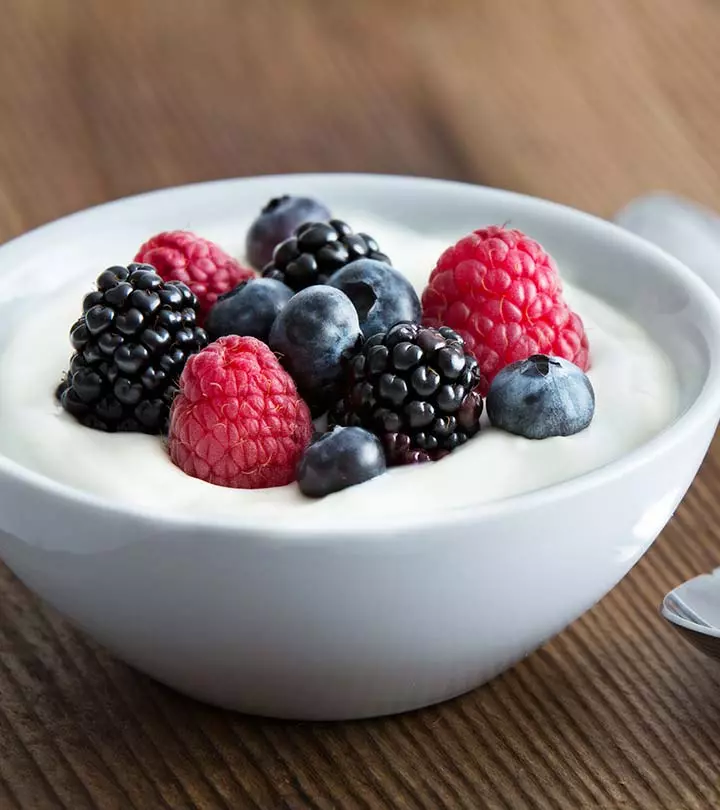
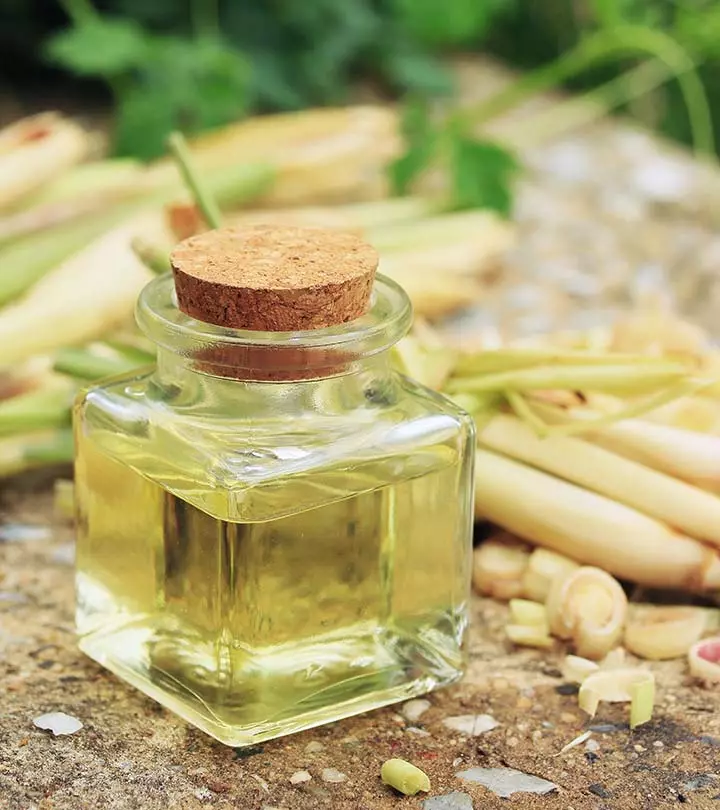

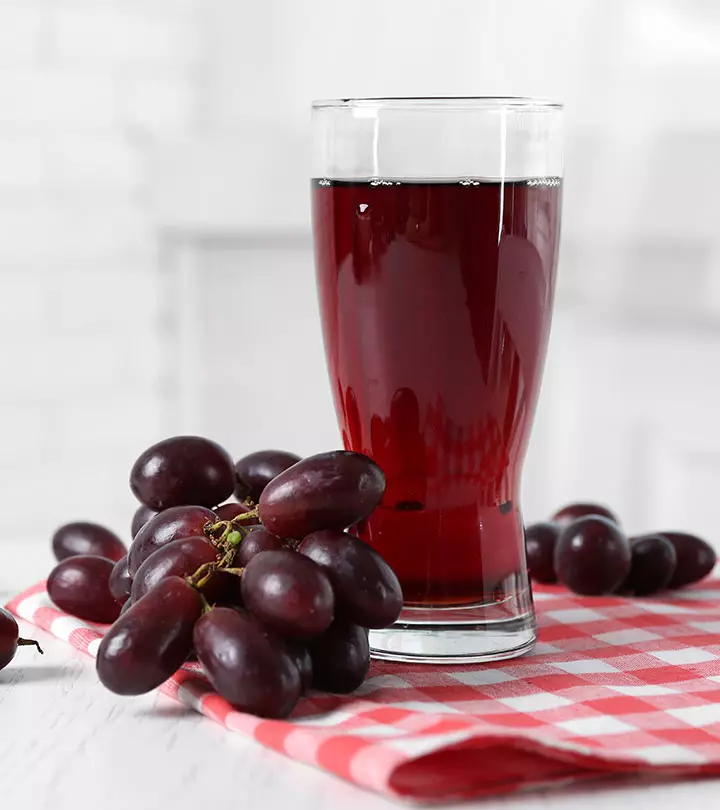
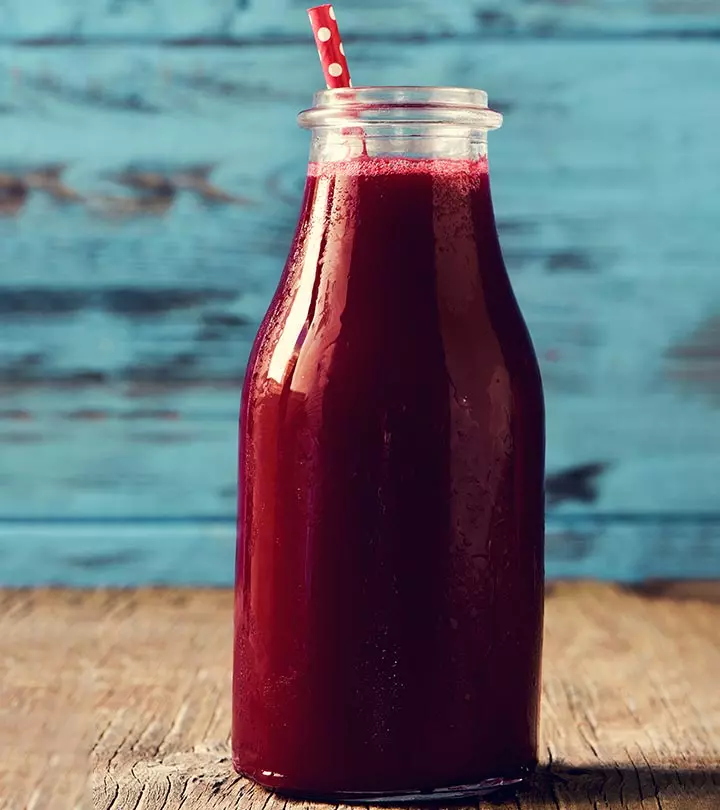
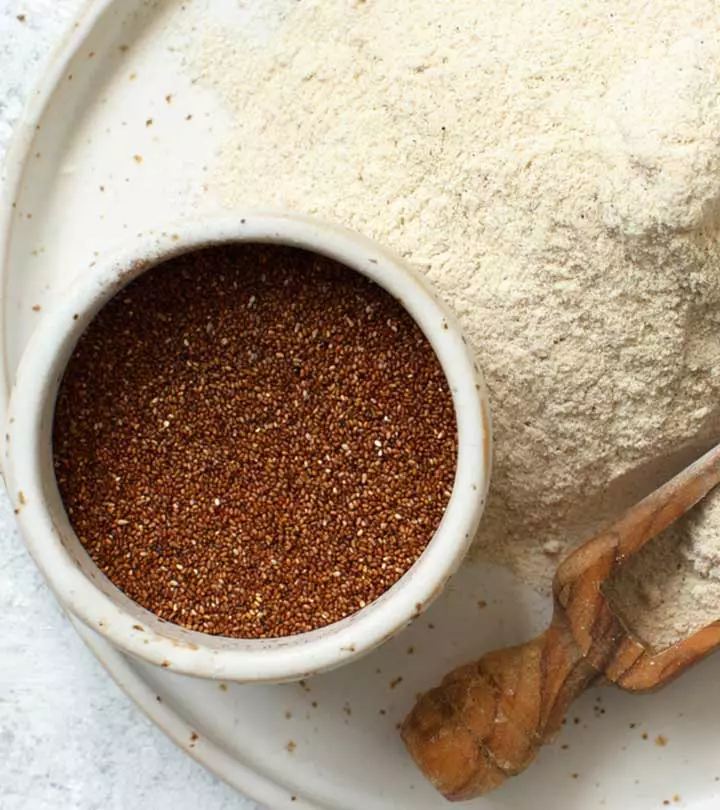
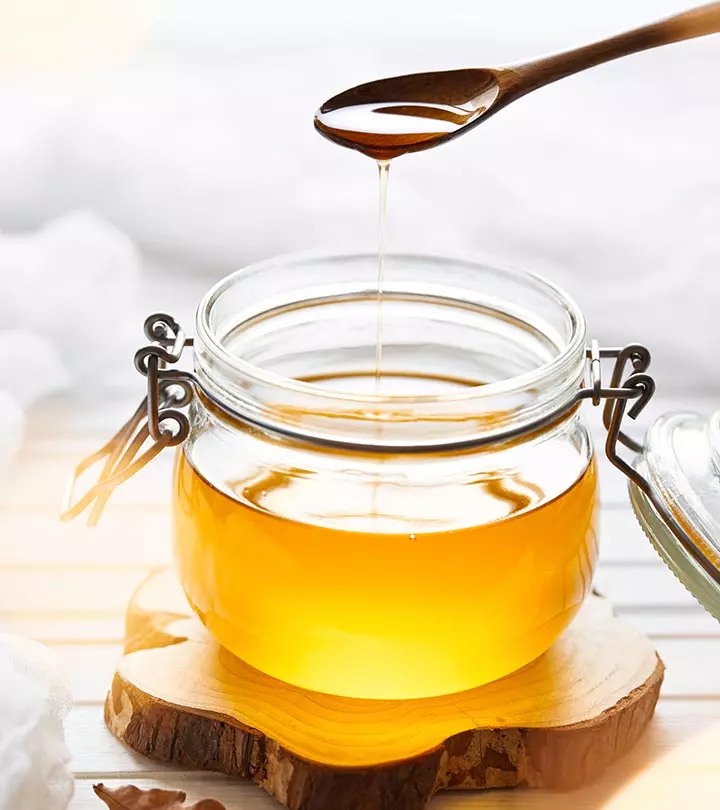
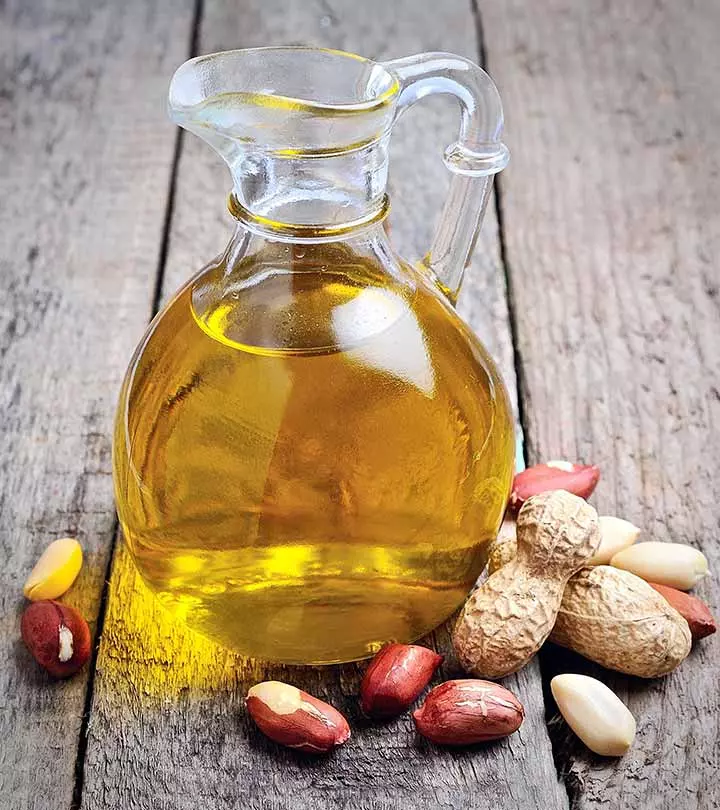
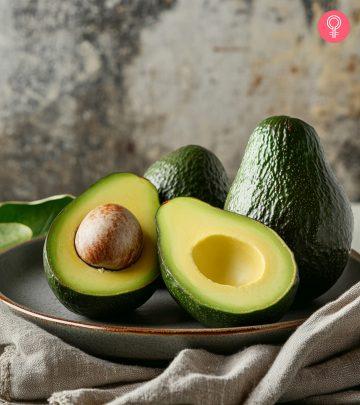
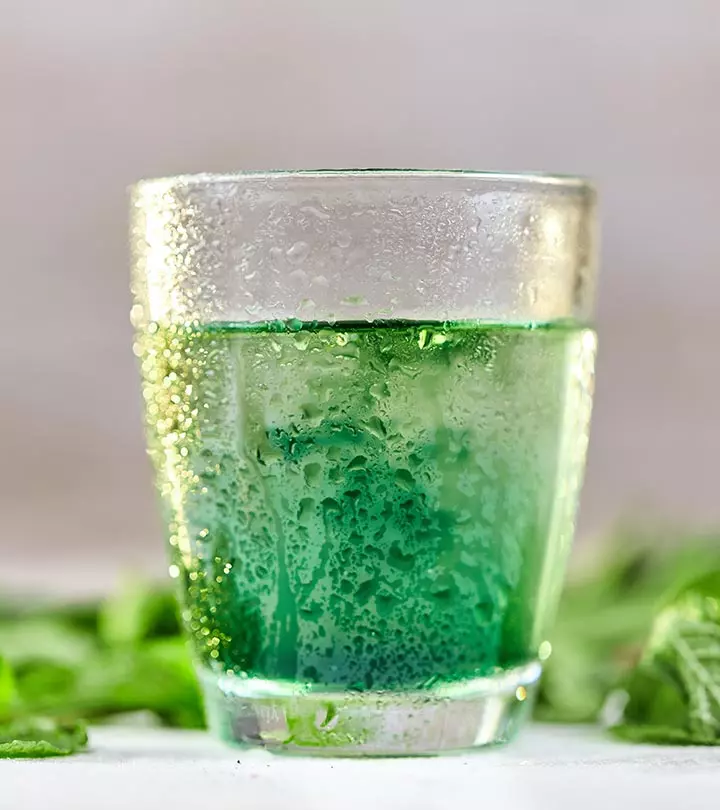
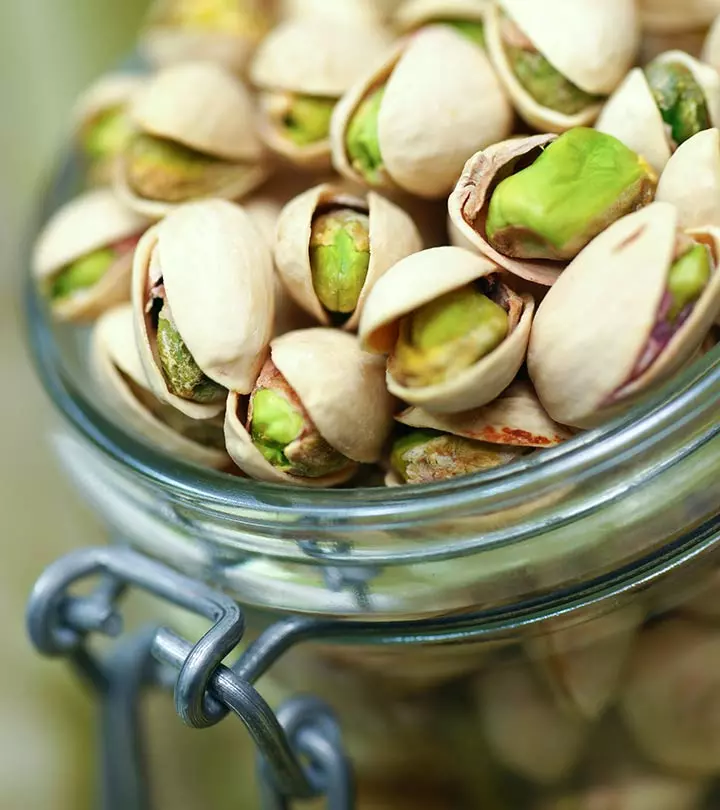
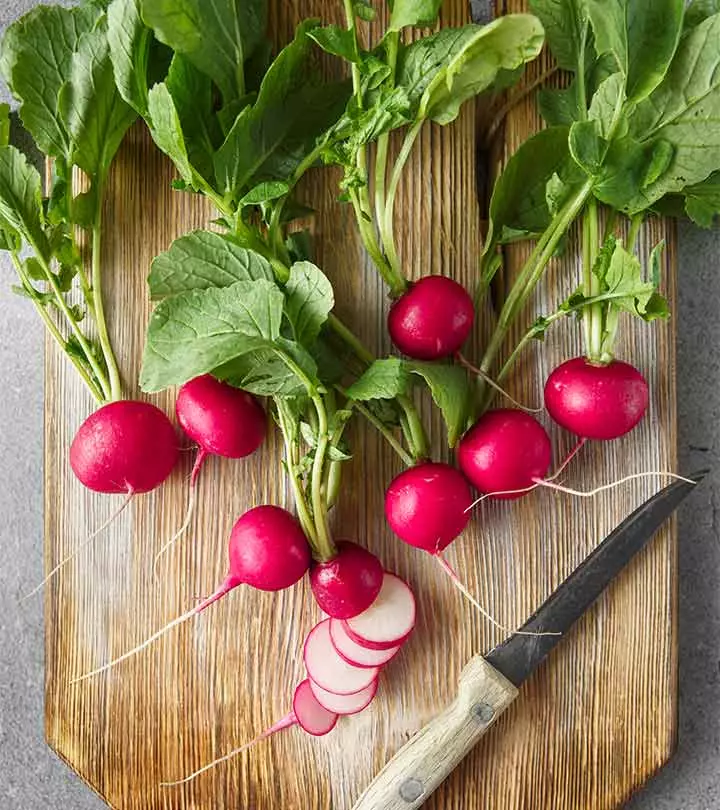

Community Experiences
Join the conversation and become a part of our empowering community! Share your stories, experiences, and insights to connect with other beauty, lifestyle, and health enthusiasts.